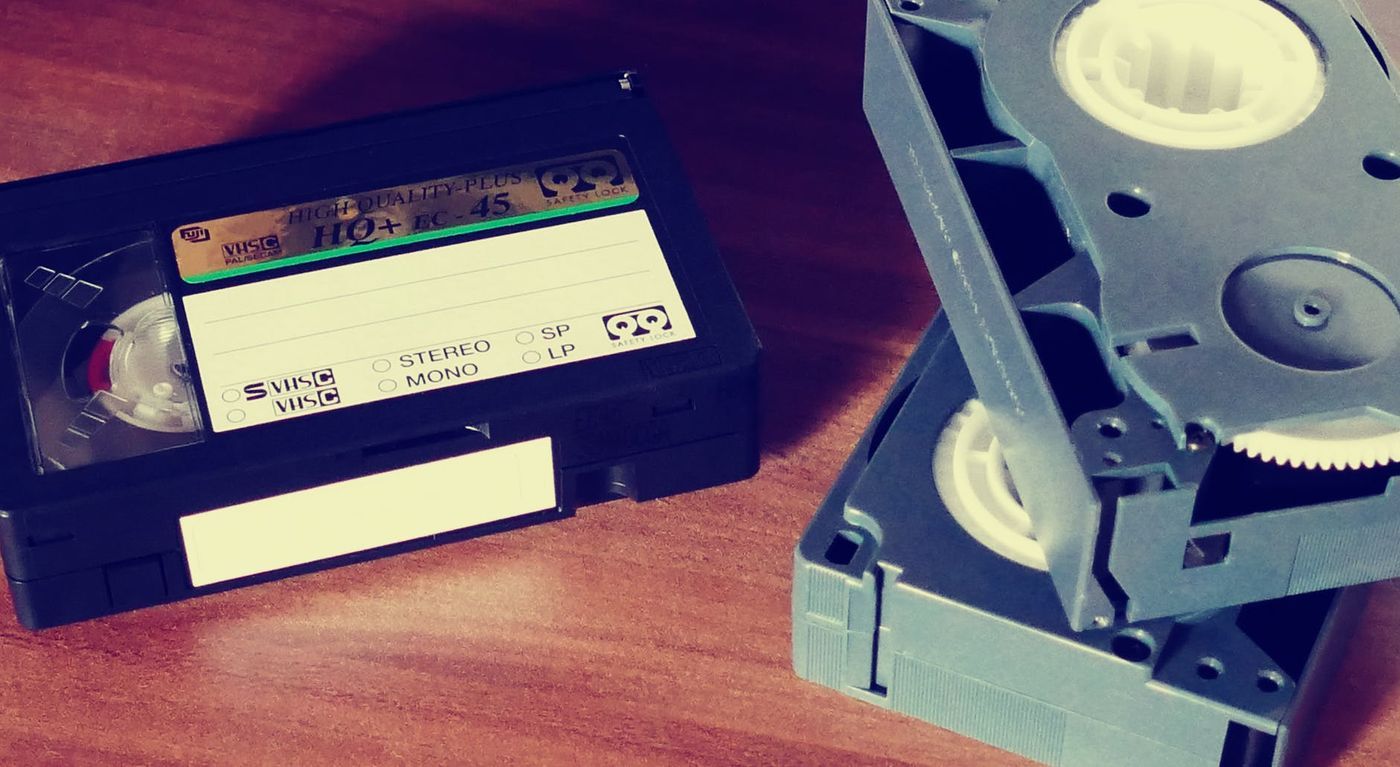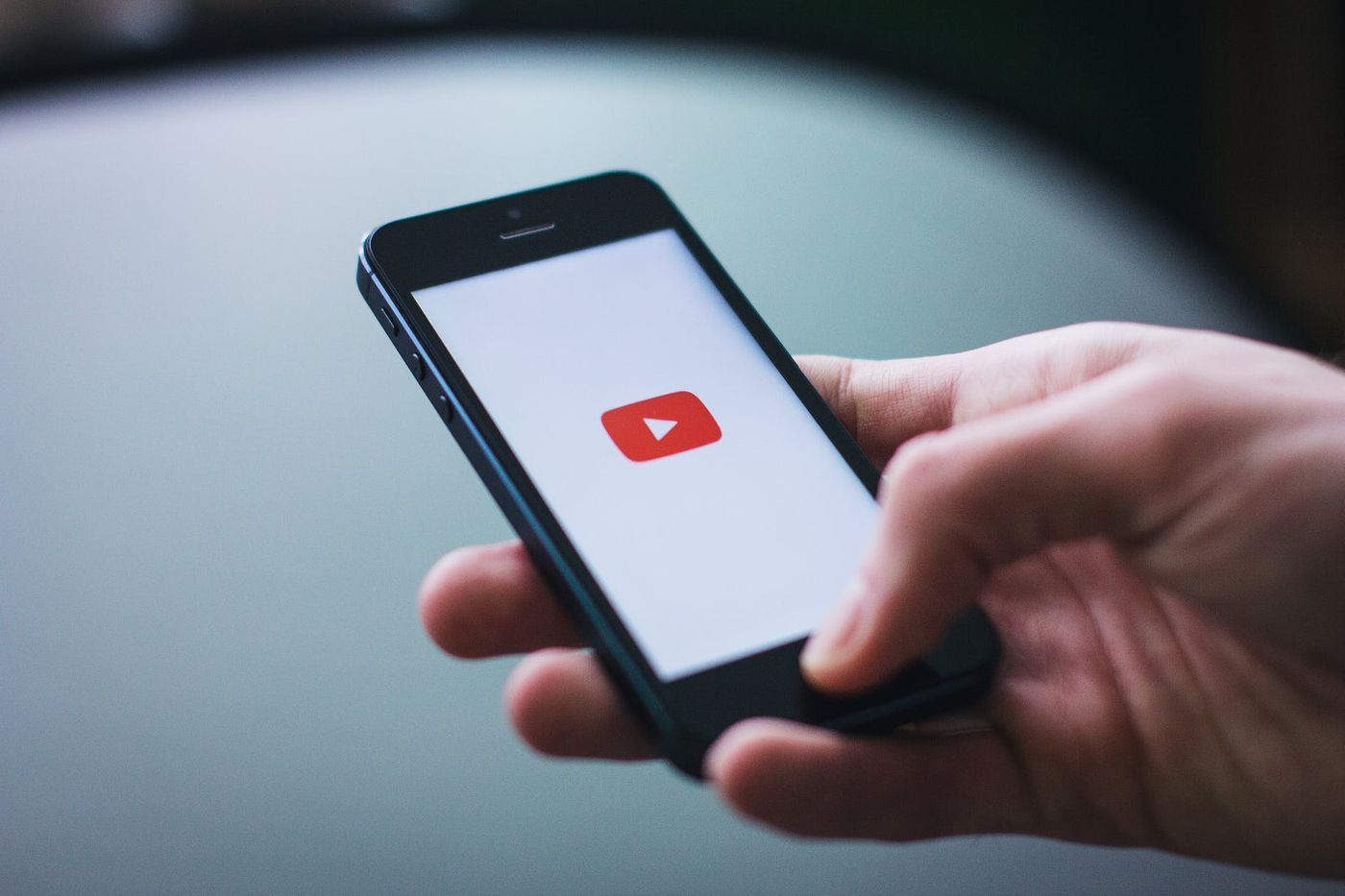
全職韓中譯者,嗜讀者,影視狂人,資深狗奴。 linktr.ee/passer_collector
Korean Note #1: Video Replaced by Youtube
There is a saying in Korean called "안봐도비디오", which literally translates as "You don't have to watch it, it's a Video", which means you can draw a clear picture in your mind even if you don't see it with your own eyes . Applied to our daily life, according to different situations, it can be translated into expressions such as " know without looking ", " know without thinking ", "know without asking " and so on.

Video tape (Video) is a sequential linear image storage method with fast forward and rewind functions. People can skip undesired clips through the fast forward function, and can also rewind the wanted clips through the rewind function for repeated viewing.
'도비디오 봐 라는 라는 라는 은이렇게 마음 대로 비디오 돌려 볼때 내용 내용 을 다알기 에 보지 보지 된다 된다' 의미 생겨 난속어 이다. '라는말을쓴다.
"안봐도비디오" is a common saying derived from the sense that people will want to adjust the videotape viewing because they have already seen or known all the content, and think that some content "doesn't need to be rewatched". That is, when people want to express "something is obvious", "안봐도비디오" is used.
example) A: 내가왜시험을안봤는지안물어보네 why don't you ask me why I didn't take the exam? B : 네가어떤사람인지아니까안봐도비디오지 I know what kind of person you are without asking.
"안봐도비디오" is not only used in everyday conversations, but also in song titles and lyrics.
(이하이- 안봐도비디오 lyrics)
다시또빌고빌모습나를또뜯어말릴친구들의말들안봐도비디오-오이제는헛웃음만나와 Video I can only smile now

에 2000 년대 태어난 대 대 은 은 '' 봐 도비디오 '말 은 지만 지만 비디오 비디오 뭐지 뭐지 뭐지 뭐지 뭐지 의 의 구심을 가질수 없다 없다. 사라져버려서, 일명'요즘초등학생'들은비디오기기도, 비디오테이프도본적이없기때문이다.
But for children born after 2000, even if they know the phrase "안봐도비디오", they still have the question "However, what is Video?". Videotape devices that record video signals on tapes have disappeared in the flood of history without knowing it. There is even a saying that "the most recent elementary school students" have never seen VCRs and videotapes.
년대 년대 년대 년대 에 에 태어난아이들 은 '' 비디오 '고물' 고물 로 사용 법 조차 조차 알지 한다 한다 이들 은비디오 녹화 된 자신 의 시절 모습 을 보거나 보거나 보거나 하지만 하지만 어렵다.
Therefore, children born after 2000 treat "Video" as an "old antique" and don't even know how to use it. It is also difficult for them to resonate with the memories of others who would be happy watching a videotape of their own childhood, or a cartoon videotape. But "안봐도비디오" was created by the generation who used "Video", so they still use it naturally now.
"이제 안 봐 봐 는 도비디오 라는 말 이아니라 봐 봐 튜브 튜브 튜브 말 을 써야 아니냐 아니냐 라는 말 이나올 세대 차이 역사 에 에 있어서 발생 할 수 없다 없다 한 과정 는 그격차 줄 위해 위해 위해 물론 물론 기울인다 기울인다.
In the face of the historical gap with generational differences, it is inevitable that there will be remarks that "is it time to replace < 안봐도비디오 with <안봐도유튜브 without watching it is also Youtube> ?". In this natural evolution, we can only try to close the gap between the two. Of course, without knowing the etymology, you can still use this sentence in everyday life without much impact. But if we can understand the cultures of different generations by looking at the etymology, wouldn't it be the best chance to laugh at overcoming the differences of generations?
Original source: 안봐도비디오, 근데'비디오'가뭐지?
"안봐도비디오" has become a term that can symbolize different generations after the changes of the times. People born in the video period will use <안봐도비디오 Don’t Watch It’s Video> , those born in the DVD era will use <안봐도디브이디 Don’t Watch It’s DVD> , and the new generation born in the streaming era will use <안봐도유튜브 Don't look at it is also Youtube> . It's not just a term for expressing an idea, it's a term for seeing the changing times. When translating a work, just look at which of the above the writer uses, and you can roughly deduce his age range.
Although no one may want to know how to pronounce it, I still offer a very non-standard empty ear recitation 😂
안봐도비디오
An indissoluble bond with Korean
From the time I started learning Korean, people who knew me would always ask a question , "Did you learn Korean for the sake of chasing stars?" 95% of them would show a shocked expression when they heard me say no, and they were too lazy to explain.
However, in the middle of our country, there was a brief period of infatuation with "Rain". He liked that as long as there was a photo of him in the newspaper, he would cut it out and paste it in the notebook. Yes, it was that kind of shameful scrapbook (masking his face). But after I entered high school, my schoolwork became more and more heavy, I didn't have much time to watch TV, and I was forced to disconnect from the Internet, so I forgot my first love.
Until the summer vacation after graduating high school, my family and I went to Korea with a group. Going abroad with my family is very boring, and the itinerary with the group is also very boring, so I have no impression of the trip at that time, only remember the picture of the tour guide teaching Korean.
The tour guide was waiting outside for everyone to visit the temple. A few people who didn’t want to visit chatted with her outside, chatting and chatting. The tour guide suddenly picked up a wooden stick and wrote on the ground, and began to teach everyone to recognize Korean vowels, stroke by stroke. Write something like Oracle. The first time I saw OOXX on the ground, I thought it was amazing. It didn't look like writing at all, it was like drawing. I kept wondering how in this world there is a language with so many circles? Is this really text?
Since I was a child, I didn’t like things with edges and corners. I prefer round shapes to squares. Even when I was doing scrapbooking, I would try to round all four corners. I don’t know if it’s influenced by this weird hobby. When I saw so many circle fonts, I felt an inexplicable favor in my heart. I felt novel and cute at the same time, and even a little sad when everyone was leaving. , I really want to see a few words written by the tour guide.
It's a pity that after returning to China, the high-pressure class schedule in my freshman year was no different from that of high school, which made me forget the throbbing of seeing Korean for the first time. It was not until the second semester that the class schedule finally appeared blank, I could finally arrange my own classes, and finally I could choose a second foreign language!
At that time, I wanted to choose Japanese at the beginning, but there were too many people to be in the list, so I didn't make it twice. Later, I saw my friends who chose Western and French also wanted to follow, but there were a lot of competitors, and they didn't seem to have chosen it later. I finally saw Korean, because the number of people was very large (70 candidates were selected in the class that only accepted 30 students), I didn't have much expectations, and I pessimistically comforted myself to study a second foreign language when I was in my junior year~ No Thought I finally managed to squeeze in! Moreover, I was lucky to be ranked for four consecutive semesters, so I successfully completed the four semesters.
The second foreign language only needs to take four credits, but I have taken four credits in excess, and my true love is correct.
The smooth course selection along the way, coupled with the kind teachers, have made me feel more interested in this language, and the more I learn it, the more curious I am, and finally I came all the way here, and I am still learning new things every day.
From the first day I started learning, I have the habit of taking Korean notes. When I was free, I would make a small order on Facebook for those in need. Now I am getting lazy and thinking I don't have the guts to write. I saw @Uoo's event proposal a few days ago, and I immediately ignited a long-lost passion. I want to reorganize my Korean notes. Even if the event is over, I will keep writing it. I want to see how much I will write by the end of the year. Maybe this one .
In the past, when I was very confused that some words had to be translated, the editor once said to me
"You don't need to be too obsessed with certain words. After all, readers read Chinese. What we need to do is to convey the correct semantics to them smoothly."
So now I will focus more on making the other person understand rather than straight forward. Some redundant words and sentences will be repaired, or I will do the conversion of straight sentences. I hope that the strong Korean passing by can give a little force😅
In addition to special terms, I also want to find inspiration from books and poetry collections to do more in-depth cultural research, which may touch on history and politics. I will try to introduce it from a neutral position, and hope that everyone can communicate rationally. (Why is it so nervous to send a Korean note, maybe no one will read it at all 🤣)
Like my work?
Don't forget to support or like, so I know you are with me..
Comment…